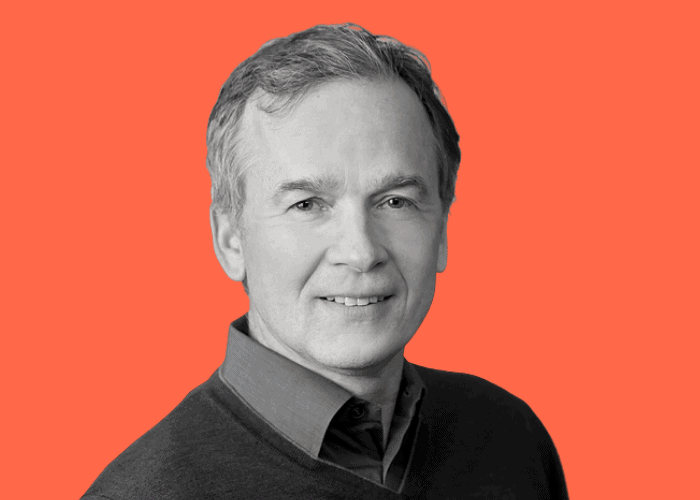Bridgewater’s co-CIO Bob Prince explains the perils of MP3 and suggests investors need to think differently, shaping strategies around cash-flow yields – connecting equity cash flows to stable sources of spending in the economy.
Today’s MP3 world where monetary and fiscal policy work hand-in-hand has resulted in important secular shifts. Speaking at FIS Digital 2021 Bob Prince, co-CIO at Bridgewater told delegates that MP3 has changed the way investors should think about bonds, stocks and portfolio construction. This against the backdrop of zero interest rates, a political and cultural pendulum shift from right to left, growing divergence between China and the US and increasing ESG integration.
Prince explained that the way monetary policy is implemented has changed compared to recent decades.
“Under MP1, interest rates were the driver, used to change levels of borrowing and lending to alter spending habits – you used to see 300-500bps interest rate changes to move an economy,” he told delegates.
“Under MP2 which kicked-in a decade ago, QE became the main tool whereby governments printed money to drive up asset prices. Now under MP3, monetary and fiscal policy is used hand in hand.”
Under MP3 the Fed borrows and directs money into the economy wherever it wants, supplementing incomes and raising spending.
“Now governments are trying to supress interest rates so as not to offset the stimulation from the fiscal side,” he explained. “It means that the goal has become supressing and holding interest rates stable so as not to conflict with the person on the accelerator.”
This shift in linkages has big implications, he warned.
For example, it has led to the transfer of wealth from asset holders to debtors since pushing interest rates down provides long term debt relief. Yet one person’s debt is another person’s asset.
“We are the asset holders and we are on the wrong side,” he told delegates, citing the wealth destruction across cash and bonds over recent years. “Holders of cash have lost their purchasing power and seen a reduction in the value of their money and the same process is also happening in bonds. Cash and bonds are no longer a saving vehicle.”
Prince explained that fiscal stimulus raises nominal incomes and enables governments to target their spending. Governments can send cheques wherever they want, he said. Indeed, fiscal policy gives real freedom. Yet although MP3 has the ability to raise productivity in the long run and can resolve wealth inequality, success also depends on the quality of decision makers.
Here he flagged central banks now only playing a support role to governments. He said governments are now heavily involved in markets, adding we would not have negative bond yields if it was a function of the market. Negative bond yields are a policy directive of governments he said, adding that the distribution of liquidity by fiscal authorities simularly distorts asset prices.
Time to think differently
Next Prince explained that raising nominal incomes raises cash flows throughout the system with implications for assets in the real economy like equity and real estate. Cue his argument for investors to think differently and get returns through cash flow yield. He suggested investors connect equity cash flows to stable sources of spending in the economy, explaining that it is possible to create a tracking portfolio of stable sources of spending in the economy. Stable cash flow streams still get price volatility, but it is possible to hedge this. He added that value managers typically offer stable cash flows that are less vulnerable to economic cycles.
Later, in conversation with Stephen Gilmore, chief investment officer of New Zealand Super Fund and Tom Tull, chief investment officer of the Employees Retirement System of Texas, Prince explained that historically interest rate policy impacted a whole country. Now, since governments are directing cash flows into specific parts of the economy, investors can target what assets will benefit from a higher or lower income.
And rather than look at the market through a public or private lens, Prince suggested investors just think of investments in terms of cash flow.
“Just think, what is the cash flow of the asset and what are its characteristics,” he said, adding that public and private assets are on the same plane. He said this amounted to another degree of freedom and that investors should think of just diversifying their cash flow streams.
As to whether investors should similarly lose any distinction between emerging markets and developed markets, he described this approach as challenging. Emerging markets don’t have zero interest rates, moreover zero interest rates, deficits and printing money, doesn’t exist in Asia. It makes investment in Asia another source of diversification and he urged investors to move between east and west. China has an independent monetary system that is driving the whole region.
“There is risk there, but it is a different risk,” he concluded.



